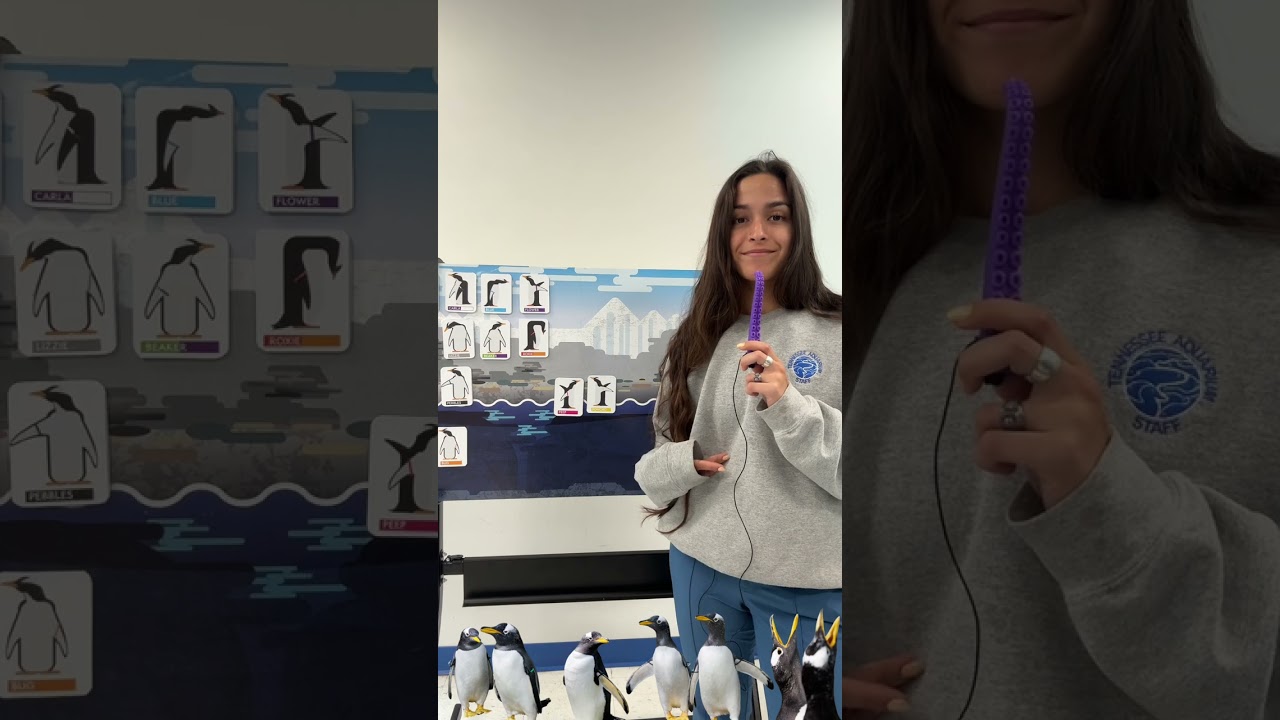- Understanding penguin behavior dynamics and their implications for zoo management.
- The challenges and strategies of managing penguin colonies in captivity.
- Conservation efforts and their impact on penguin populations.
- Exploring how education and public engagement contribute to wildlife preservation.
- The role of zoos in advancing scientific knowledge and conservation efforts.
Love on the Rocks: Part One 🐧 is more than a glimpse into the lives of one of nature’s most endearing species. It provides insights into penguin behavior, management challenges, conservation, and the integral role of public engagement. Penguins, with their striking appearance and social dynamics, offer a fascinating study for zoo managers and conservationists.
Understanding penguin behavior is a cornerstone of effective zoo management. Penguins are social birds with complex relationship dynamics, necessitating a nuanced approach to their care. They form lifelong monogamous pairs, a behavior observed in species like the Emperor and Adelie penguins. These bonds are foundational to their social structure, and disruptions can severely impact their well-being.
Penguins communicate through vocalizations and body language. Recognizing these signals is crucial for maintaining a harmonious environment. Aggression or distress calls can indicate disturbances, making it essential for caretakers to be well-versed in these behaviors. Understanding these interactions allows for better management and improves welfare within zoo settings.
Managing a penguin colony in captivity presents various challenges. Facilities must replicate natural habitats to support the biological and psychological needs of these birds. This requires detailed attention to factors such as water quality, temperature control, and enclosure design. Penguins thrive in environments that closely resemble their natural habitats, with access to swimming spaces and areas for nesting and socializing.
Feeding regimes must mimic their wild diets, which primarily consist of fish and crustaceans. Nutrition is vital for health and can influence breeding success and longevity. Monitoring individual health and dietary needs is part of maintaining a thriving colony. Zookeepers, often trained in veterinary sciences and animal behavior, play a pivotal role in assessing and meeting these needs.
Conservation is a critical aspect of managing penguin colonies, especially given the threats these birds face in the wild. Climate change, overfishing, and habitat destruction are significant challenges. Zoos contribute to conservation by participating in breeding programs that boost population numbers. These programs often involve international cooperation and adhere to rigorous genetic management to preserve genetic diversity.
Additionally, zoos work on public education initiatives to raise awareness about penguin conservation. Interactive exhibits and educational talks engage visitors, highlighting the impact of human activities on wildlife. By fostering connections between visitors and animals, zoos inspire positive environmental actions.
Education and public engagement play a vital role in conservation. Zoos serve as educational hubs where people can learn about penguins and the ecosystems they inhabit. Programs aimed at school children and families are particularly effective at nurturing a sense of stewardship. Virtual experiences and multimedia presentations further enhance educational outreach, broadening the reach beyond physical zoo visits.
Engagement efforts focus on illustrating the broader ecological picture, explaining how penguins serve as indicators of ocean health. By connecting individual actions to global conservation outcomes, zoos empower the public to contribute to sustainable practices.
Scientific research conducted by zoos advances the understanding of penguin biology and ecology. Zoos collaborate with academic institutions and conservation organizations, sharing data that informs studies on penguin behavior, physiology, and genetics. This research is vital for developing conservation strategies and improving management practices.
The information gained through these partnerships enhances our understanding of penguin life cycles, reproductive strategies, and responses to environmental changes. These insights directly influence conservation efforts, allowing for adaptive management strategies that address emerging challenges.
Love on the Rocks: Part One 🐧 exemplifies how zoos serve as critical platforms for wildlife conservation. Through best practices in management, education, and research, zoos contribute to preserving penguin populations and fostering a deeper understanding of their significance. Engaging the public with compelling narratives and firsthand experiences underscores the importance of conserving these charismatic creatures for future generations.
Such initiatives highlight the interconnectedness of ecosystems and the vital role penguins play in marine environments. As stewards of wildlife, zoos are entrusted with balancing the needs of species under their care with broader conservation goals. Their continued efforts are essential in shaping a world where both humans and penguins thrive.
*****
Source Description
Happy Rock day! 🐧It’s officially breeding season for our Gentoo & Macaroni penguins, so we’re filling you in on all the drama. ✨
Tune into our Penguins’ Rock live cam for all the action! 👀


